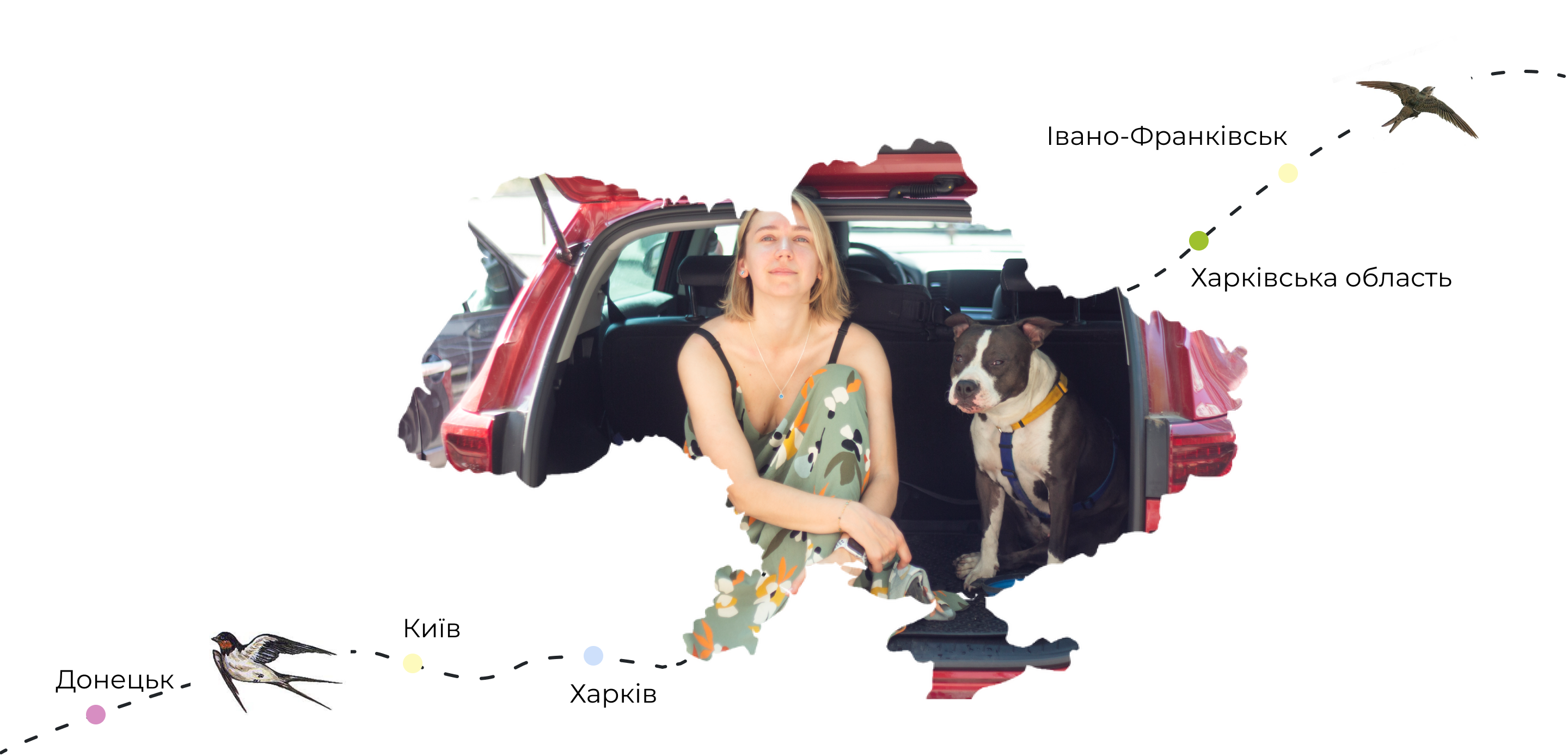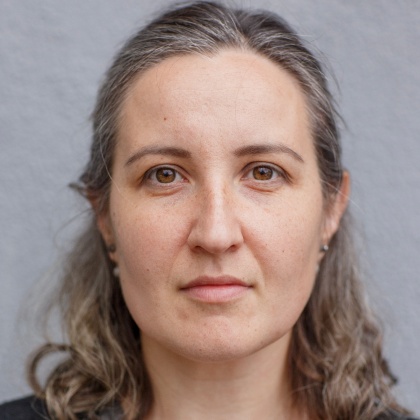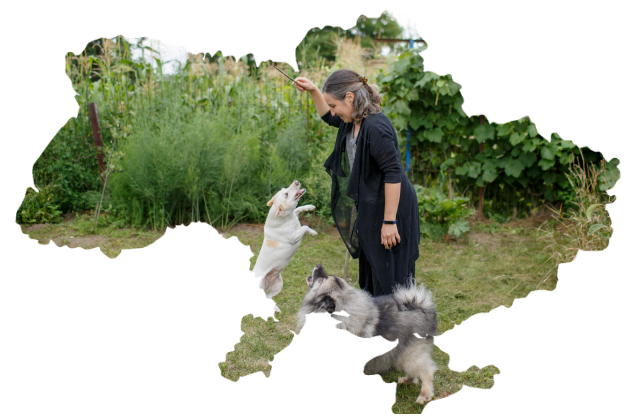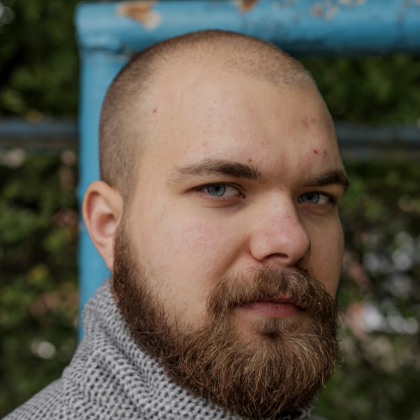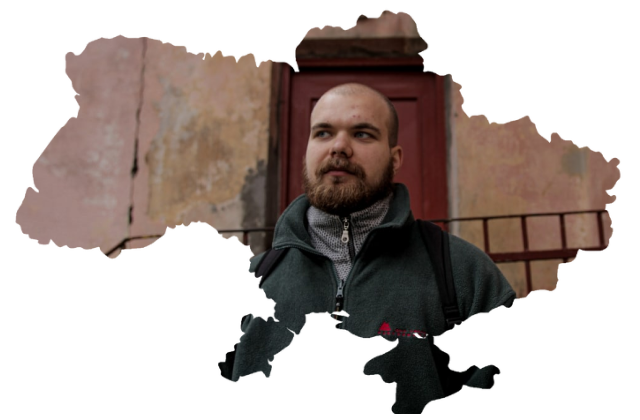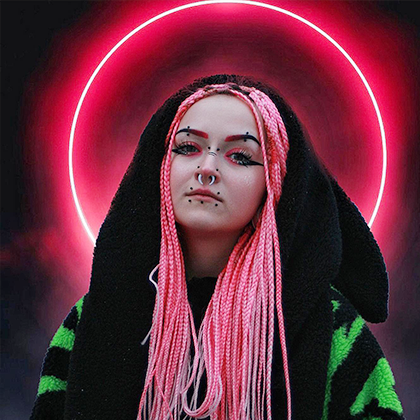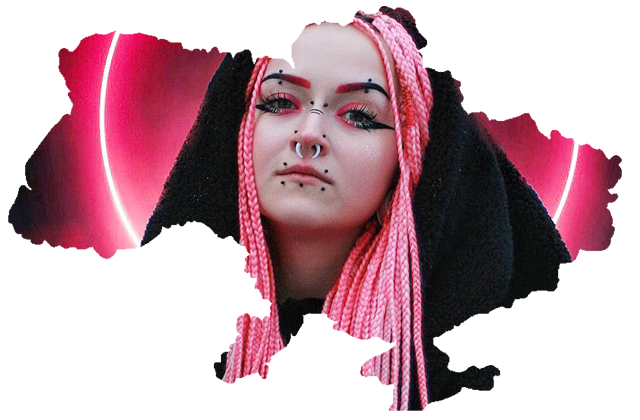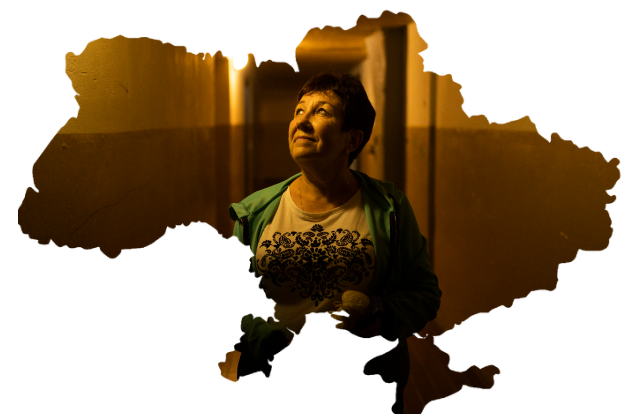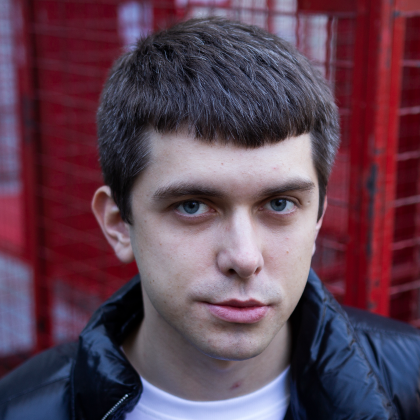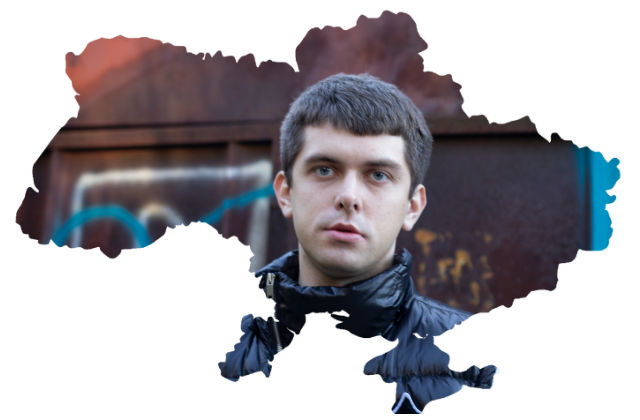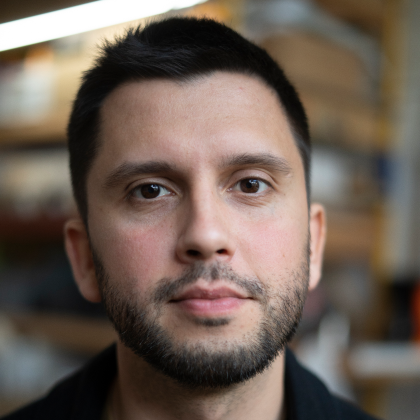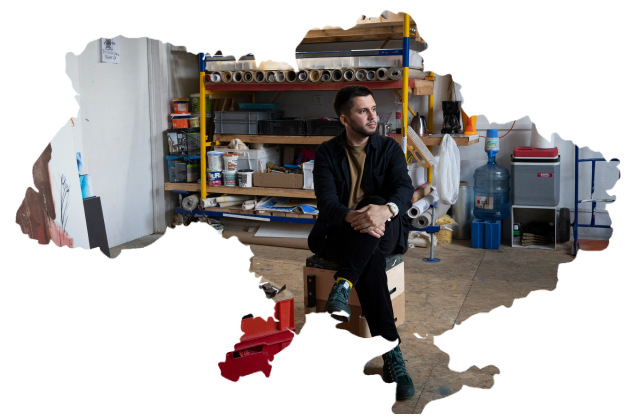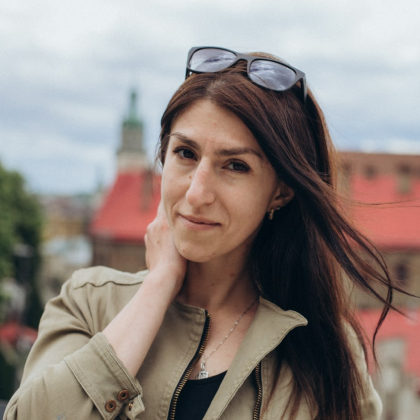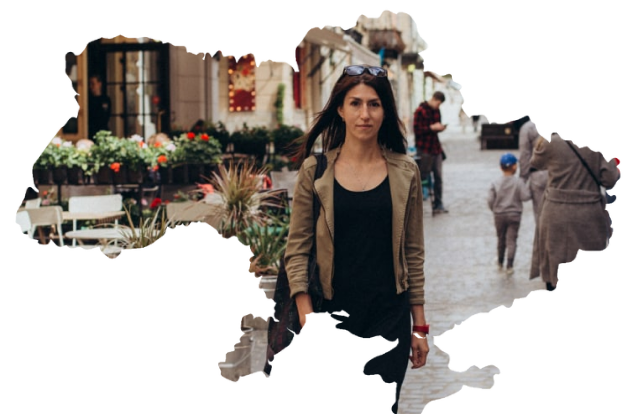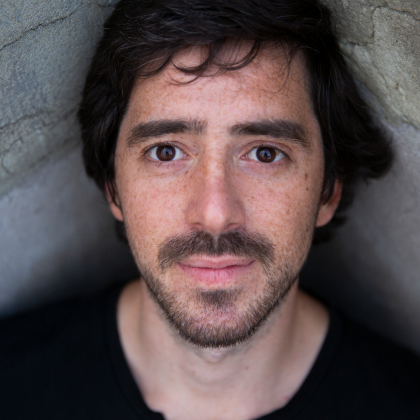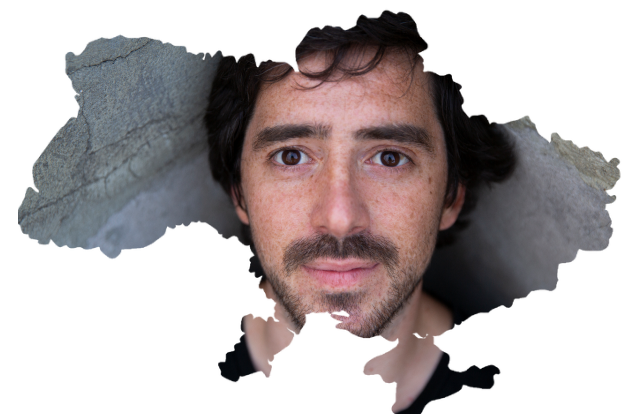Svitlana Kolodii
a specialist in attracting the private sector and sustainability projects in the “Doluchaisia!” program which promotes social activism.
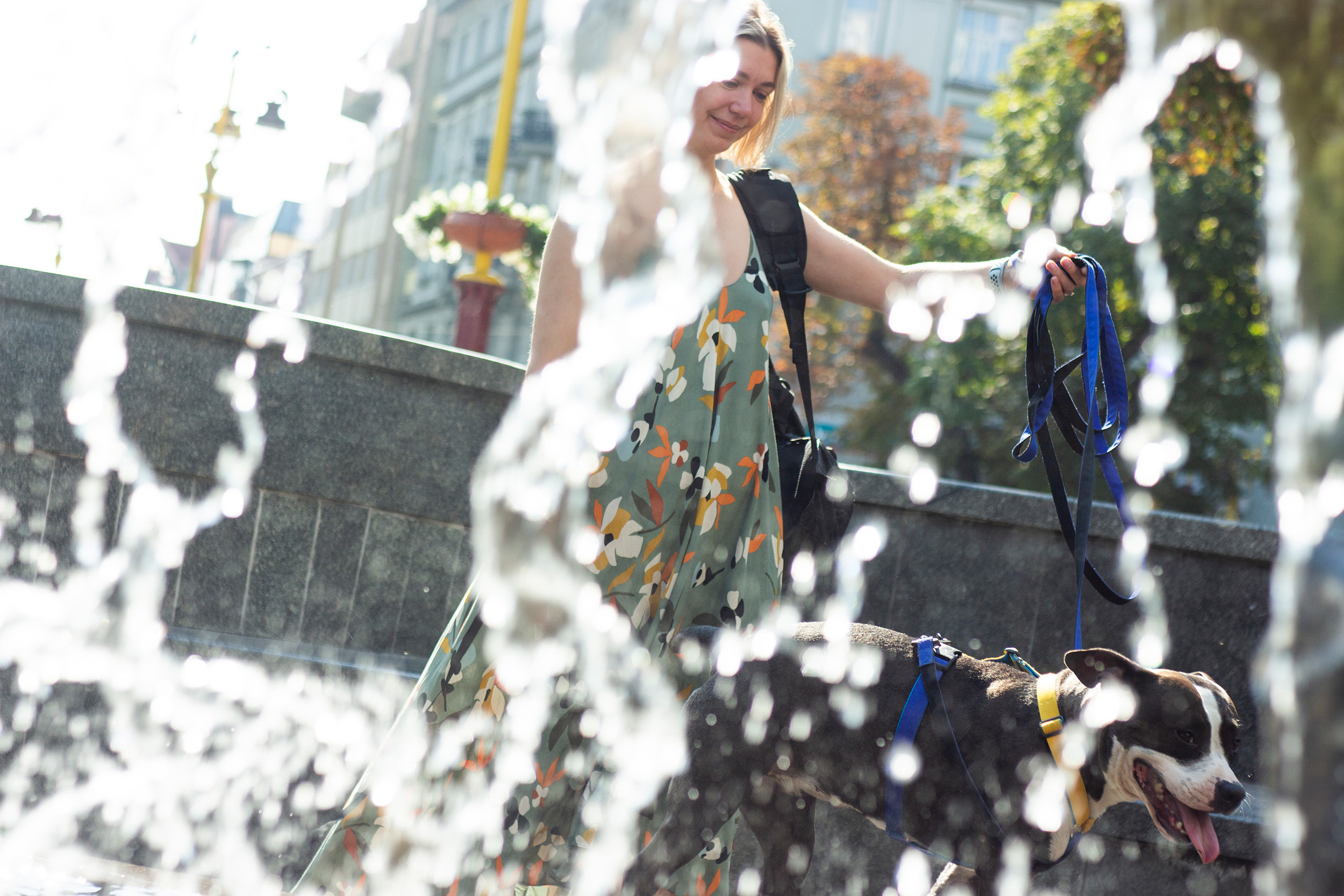
Donetsk — Kyiv — Kharkiv — Kharkiv Oblast — Ivano-Frankivsk
I was born in the Luhansk Oblast. Ever since I was a little girl, I dreamt of having a house of my own. My family had an apartment, but I used to spend all summers at my grandparents' digging potatoes... Naturally, that was because we were poor, and it was impossible to buy anything, so we had to live off subsistence farming, growing cucumbers and tomatoes. But I always dreamt of having a house of my own, with dogs, where I would grow stuff not because I had to, but because I wanted to.
When I was 17, I moved to Donetsk to study project management. In 2013, I attempted to move to Kyiv and lived in two cities for a while. The last time I was in Donetsk was in March 2014.
I last visited my parents in the Luhansk Oblast at the end of 2013 or beginning of 2014. I didn't have to flee the shelling like my brother and his family had to, but for the next eight years, I had a status of an internally displaced person.
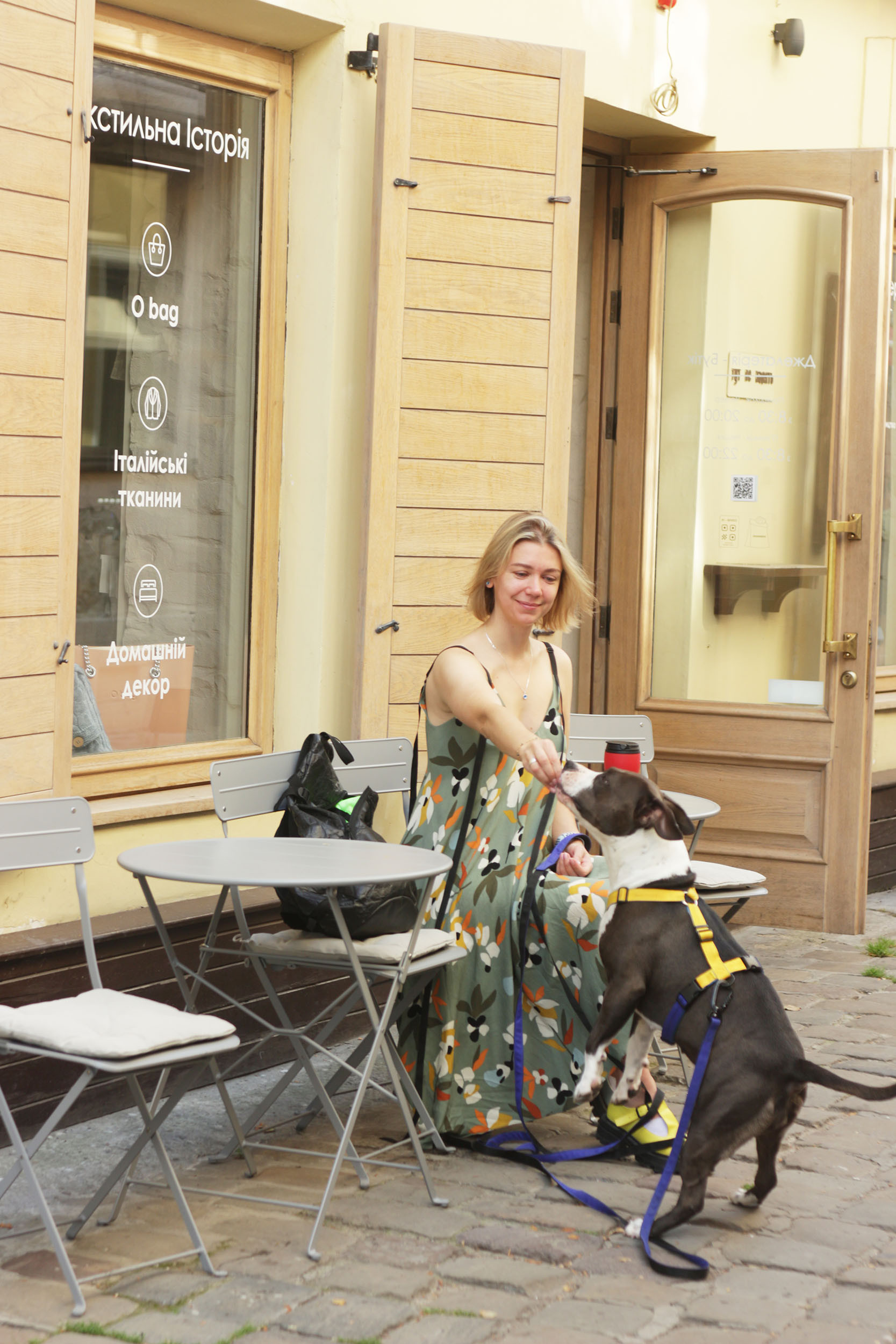
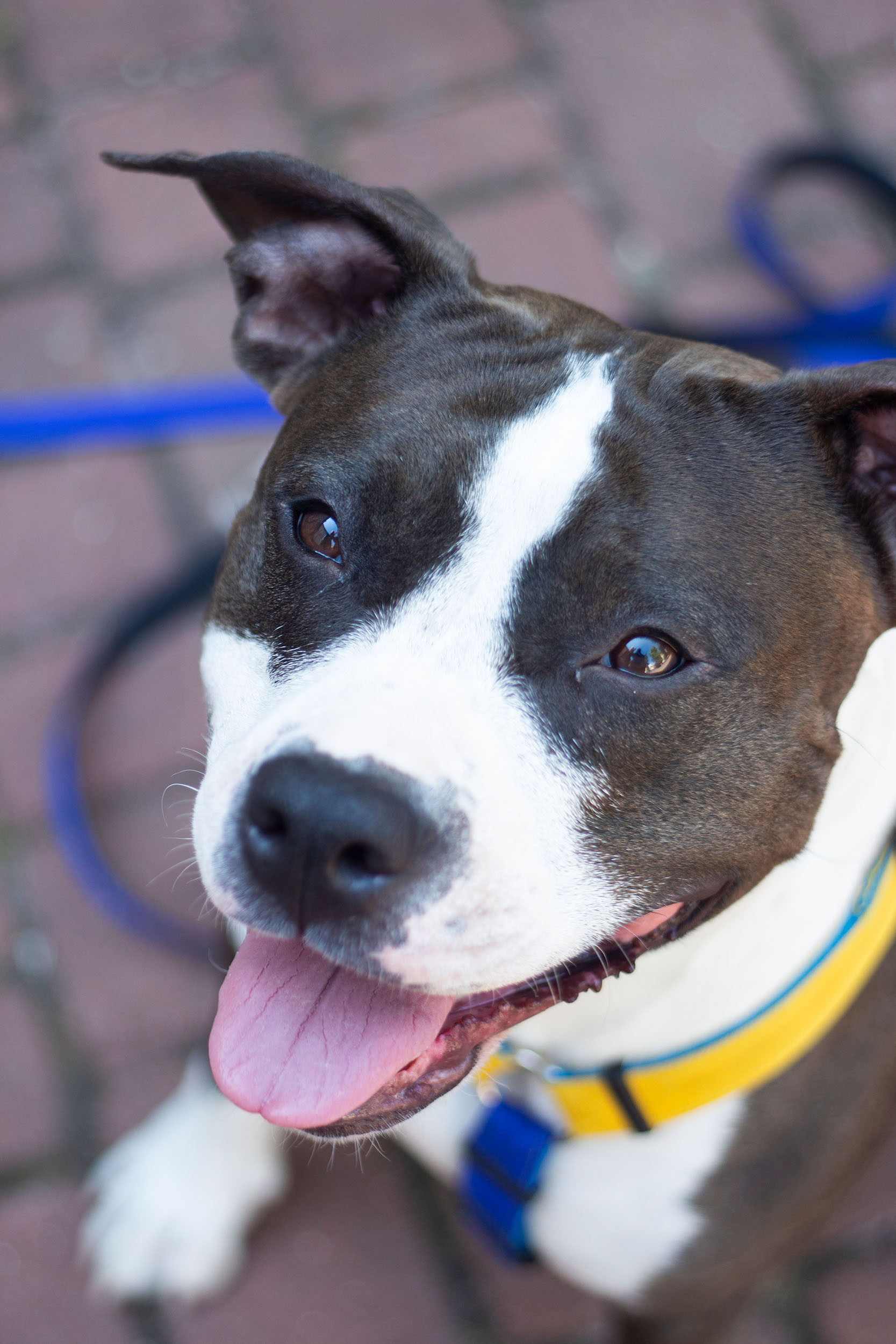
The loss of home was very traumatic for me. In January 2015, my grandmother, whom I loved very much, died. I couldn't go there because of intense hostilities. Some time in 2016, I started seeing a psychotherapist because I was severely depressed.
I can tell you now, looking retrospectively, why that was important to me. Both of my grandfathers were from the West of Ukraine. And after World War II, the Soviet Union did not seek to strengthen the Ukrainian state. Me grandfathers were forcibly displaced. One of them had been a prisoner, and they didn't let him come home but sent him to the Luhansk Oblast. The other one ended up not in the Ternopil Oblast, where he had been from, but in the Donetsk Oblast.
I could only understand what it felt like when I experienced that myself. When I was little, my grandfather would rock me on his lap, reciting Ukrainian poems to me and saying, "You must know them because these are your roots." And was sitting there, in a completely Russified little town, thinking, "What is Ukrainian? Why is it bad or good?"
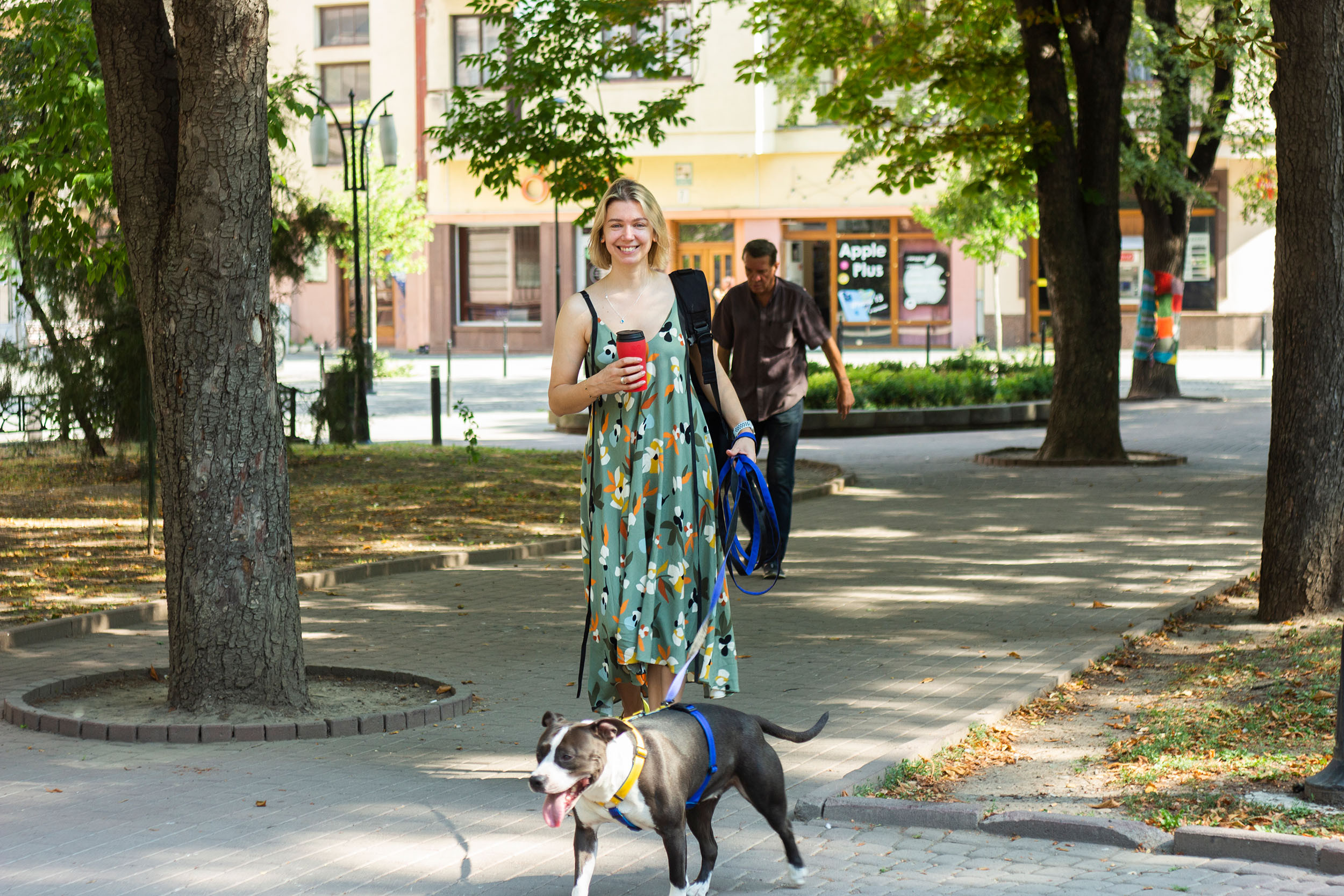
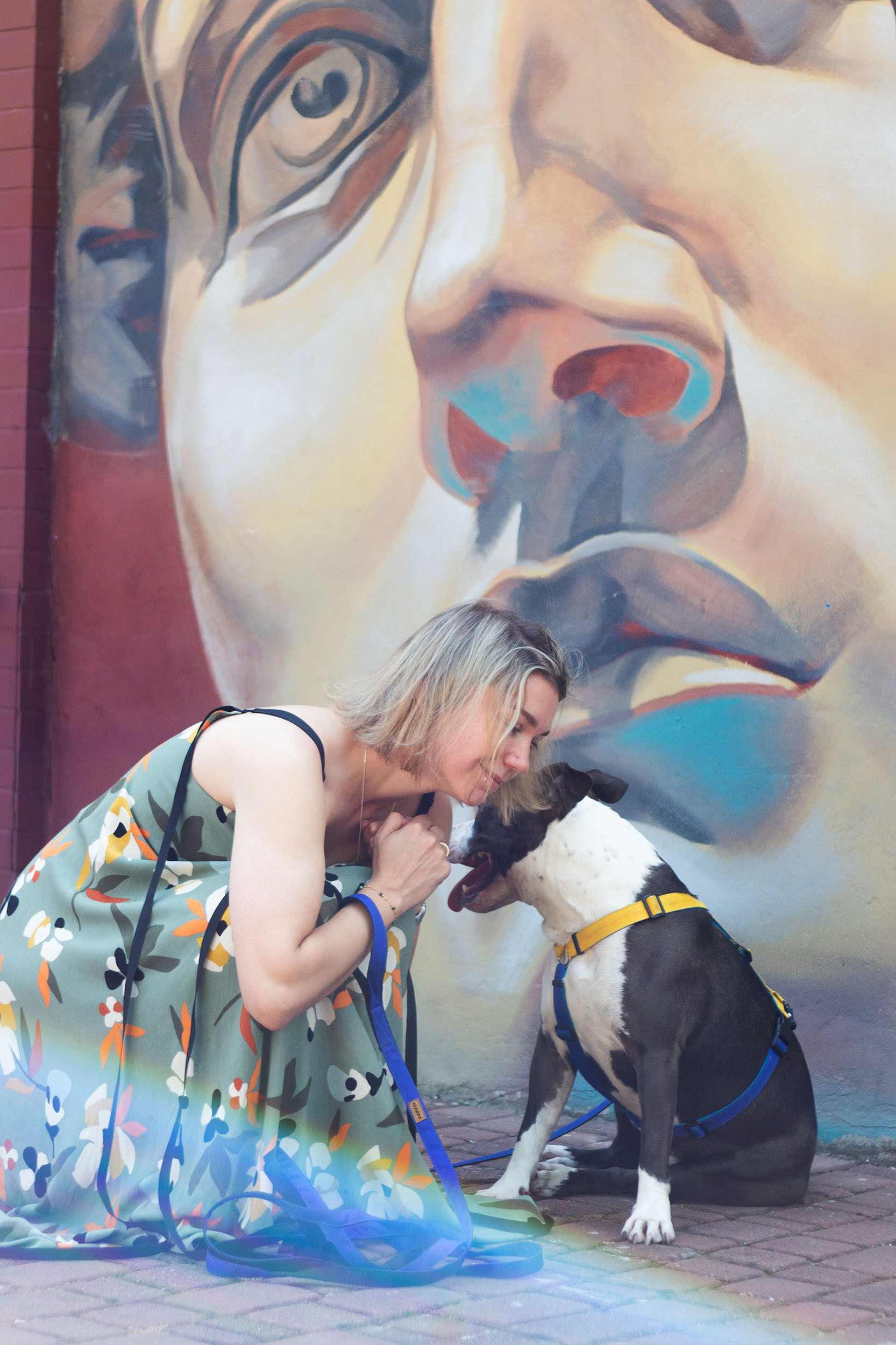
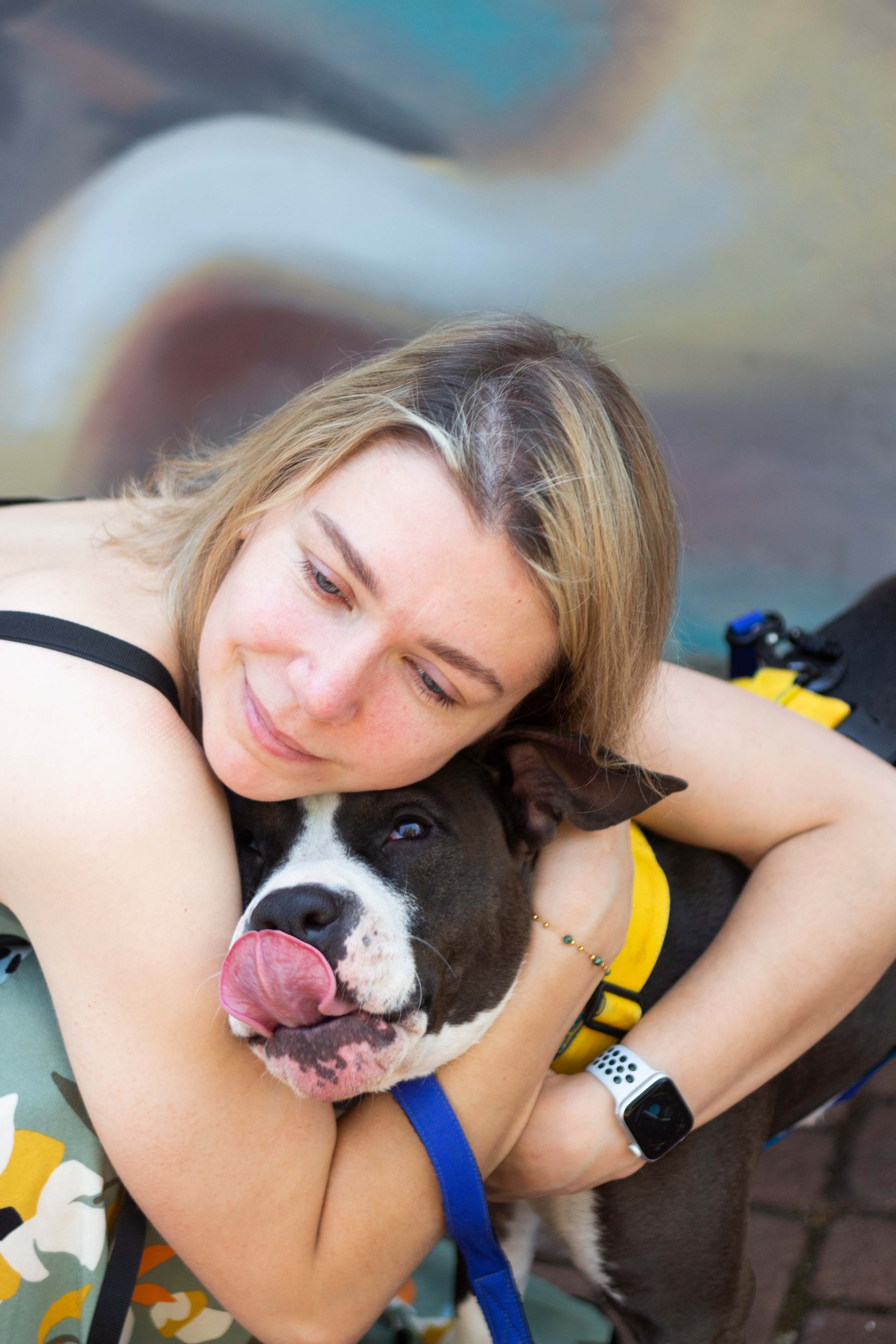
When I started working with the trauma of losing my home, at one point, I decided I didn't want a home or a relationship because it was too hard. But time passed, I met my future husband, and I didn't want to give up that life.
In 2020, I came from Kyiv to Kharkiv to stay over the lockdown, but I ended up moving there. We got married. For a long time, we were looking for a new house, and we found a small and bright one in normal condition, in Slobozhanske in the Kharkiv Oblast. There was a small scrap of land and a forest nearby. We had two dogs. I took a loan to buy a car.
We renovated the kitchen, it was vibrant blue; we picked all these things... A faucet — a beautiful one, a little shelf for spices because we both love to cook. I finally stripped myself of the status of an internally displaced person. I was so happy to be living in my village! And then you fucking start living the life you've been striving for your entire life...
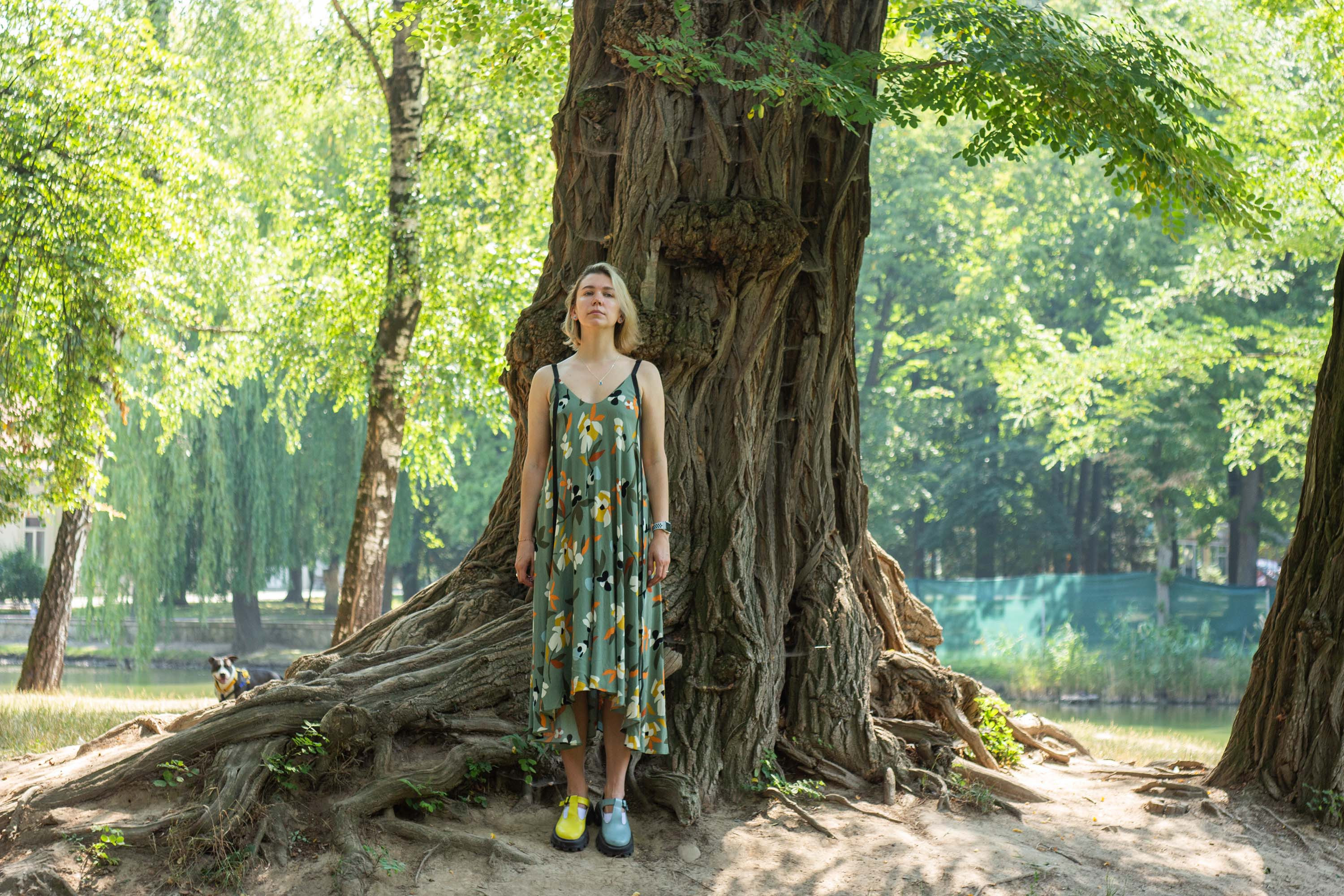
We moved into our new house in August. On the one hand, I don't regret anything, because I lived those six months in love and beauty. And on the other hand... Now my house is in the occupied territory, in a war zone. It was occupied instantly, in one day. We left at about 5:03 am, 30-40 minutes after the first explosion. Russian tanks pulled up to the Kharkiv roundabout at about lunchtime.
I think my previous experience allowed me to survive. I had no illusions that I could survive the occupation. My work was related to fundraising and social projects, I was an active citizen and worked on a USAID-funded project. I knew that I would be a person who was "on the lists" or at least would be perceived as a threat.
We didn't have a basement, but I knew what shelling was well enough. I had been working in the East since 2015, so I knew what war and occupation were like. I had no hesitation: after the first explosion, you just get in the car and leave, no matter how scary it is.
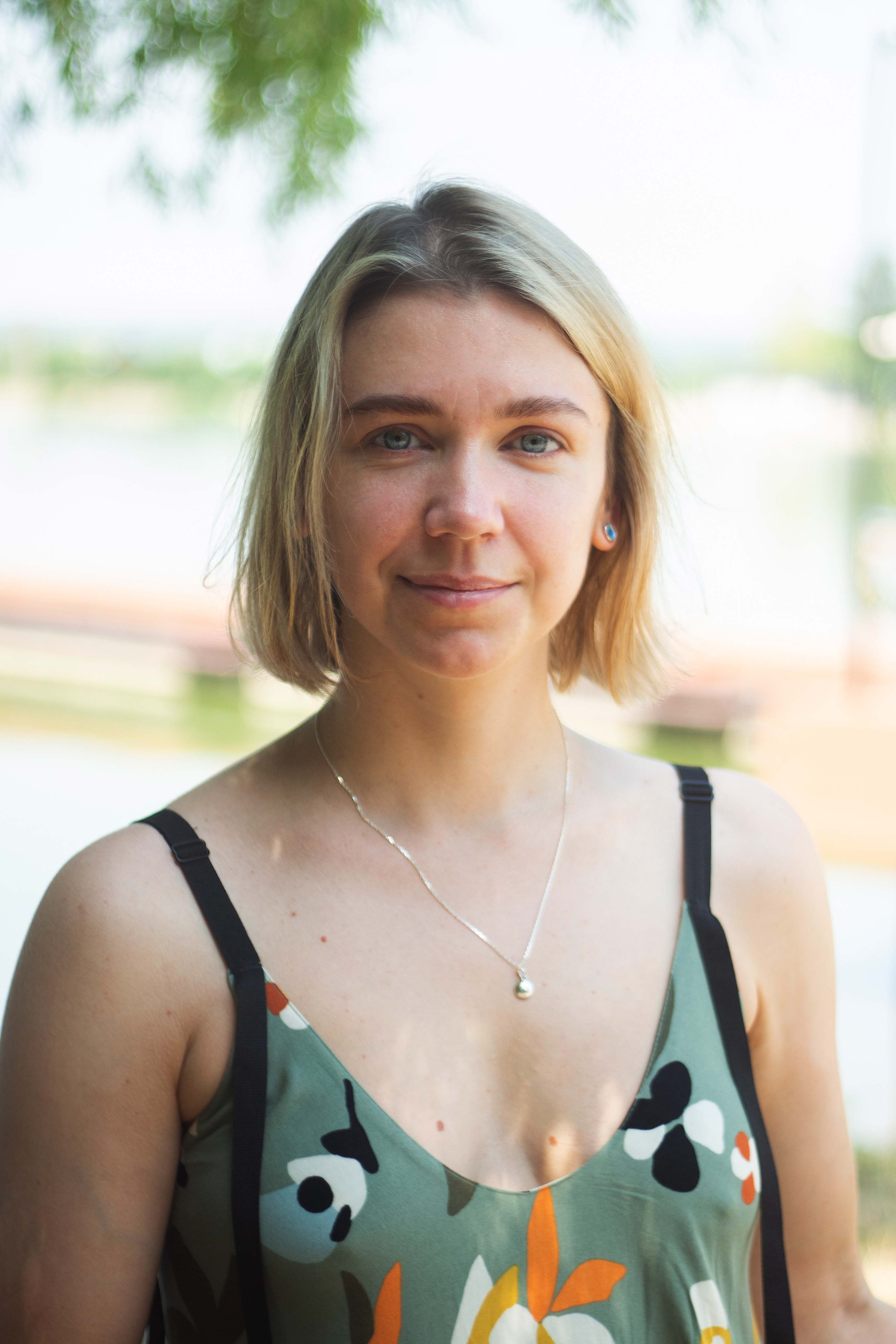
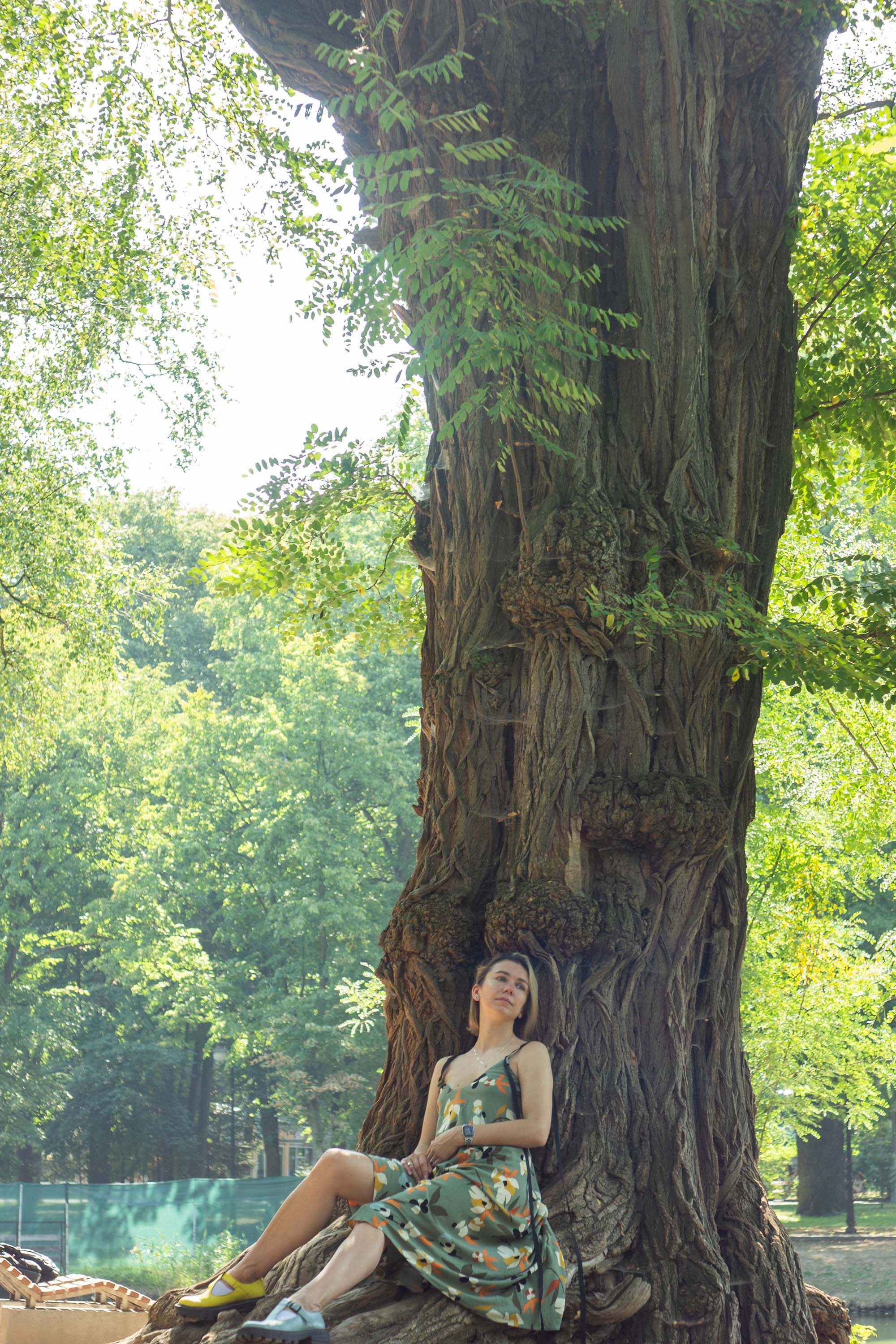
Since February 26, I've lived in Ivano-Frankivsk. In the first week, I was in a state of shock. I didn't eat anything and didn't sleep. The only thing I could do... My friends have a public restaurant there, Urban Space 100, and I helped to clear the tables.
After about three weeks, I began to more or less understand what was going on. Then the previous experience helped again: a home had always been a sacred place for me, so I needed to arrange the space. I got myself an orchid. I got books and arranged them. I attempted to hang some kind of curtains.
Late April and early May were the black period of my life. My husband had been making attempts to join the territorial defence even before February 24. When he returned to Kharkiv, they didn't take him and told him to wait. He evacuated my mother and my aunt and came back. After that, he joined the territorial defence here.
It seemed like I had lost everything. I had had a home, a man, a life, and love. And then I had a rented apartment in Ivano-Frankivsk and a dog. My husband was on the frontline, while my house and my parents were under occupation. So, like, what the fuck? What's going on? Why?
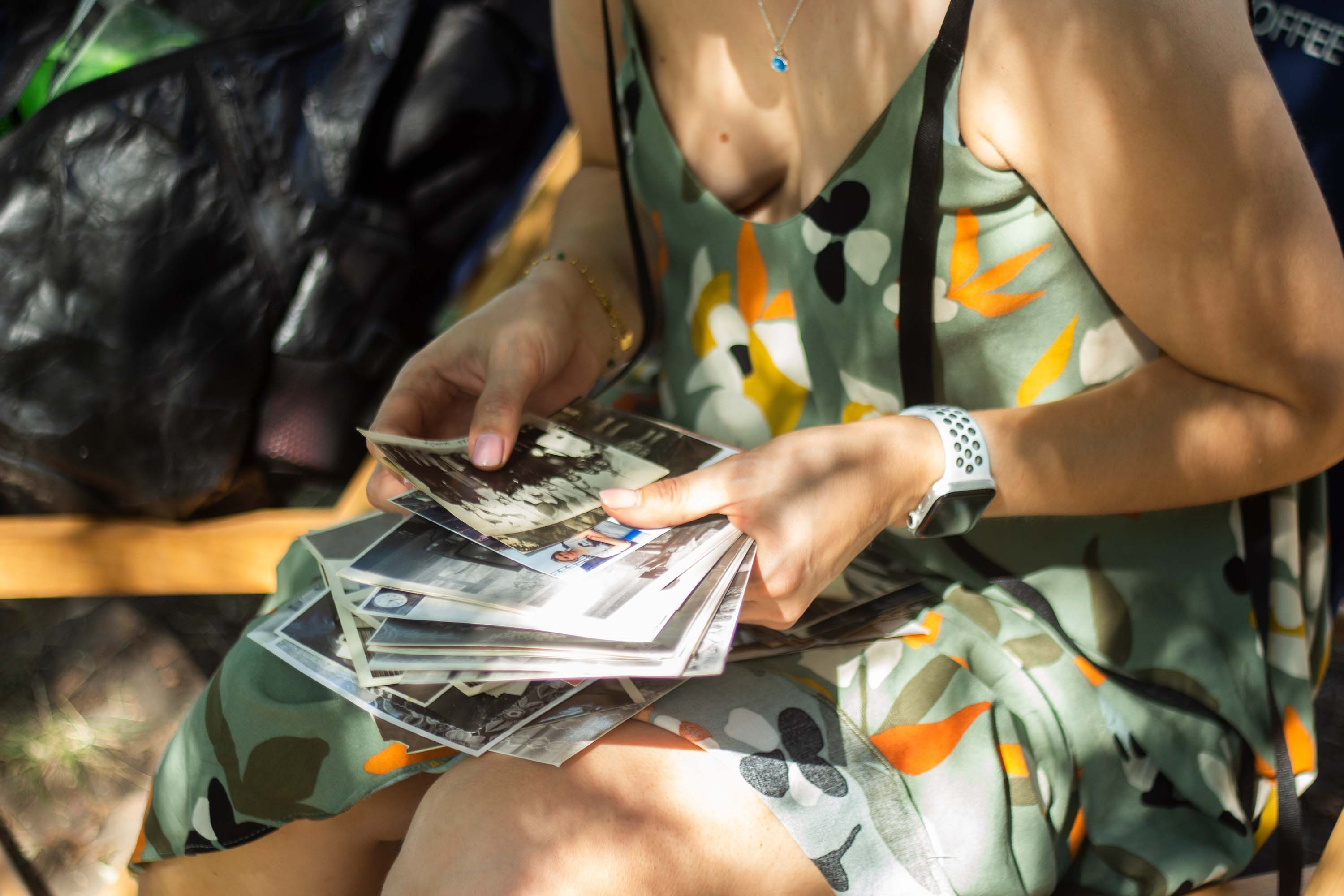
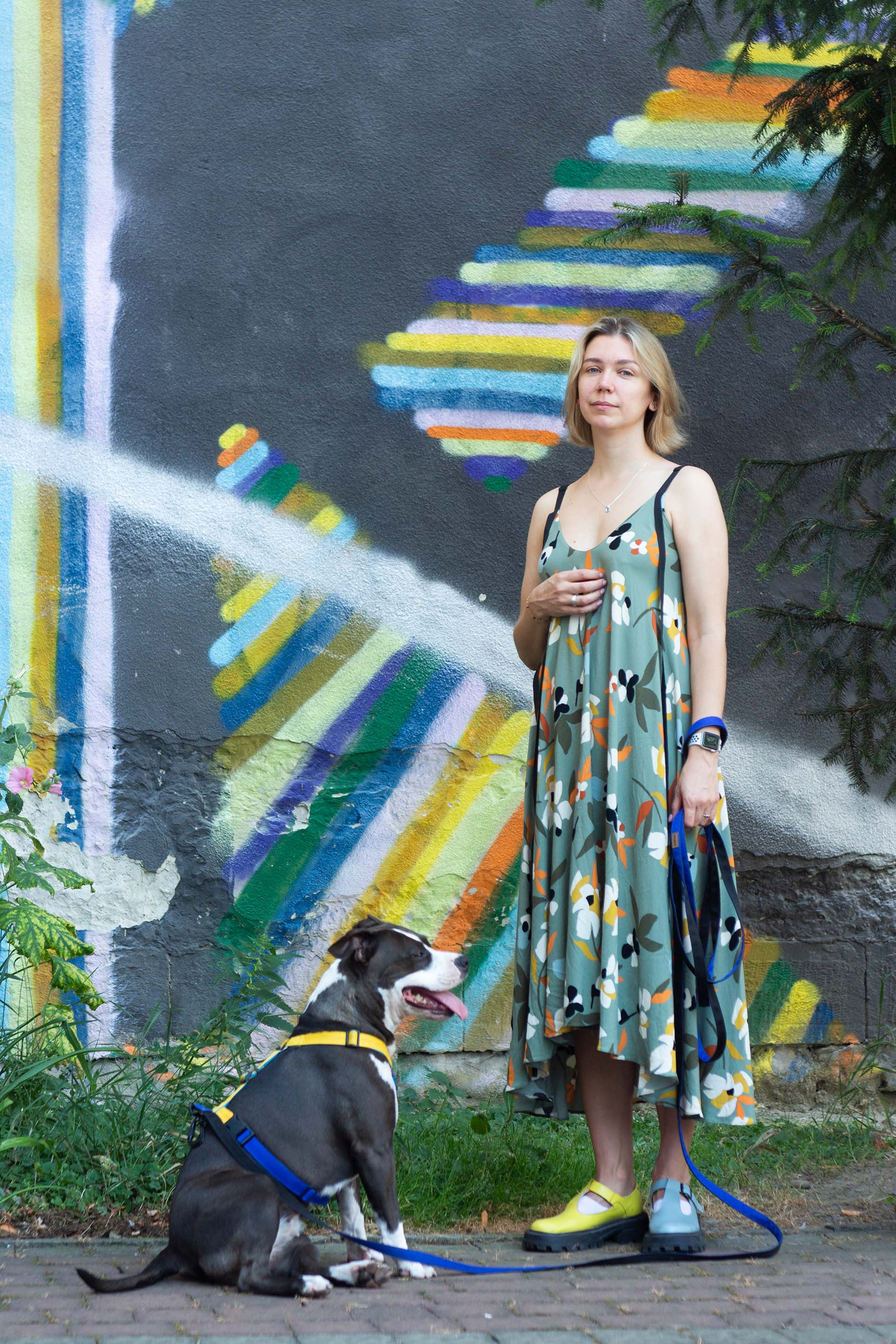
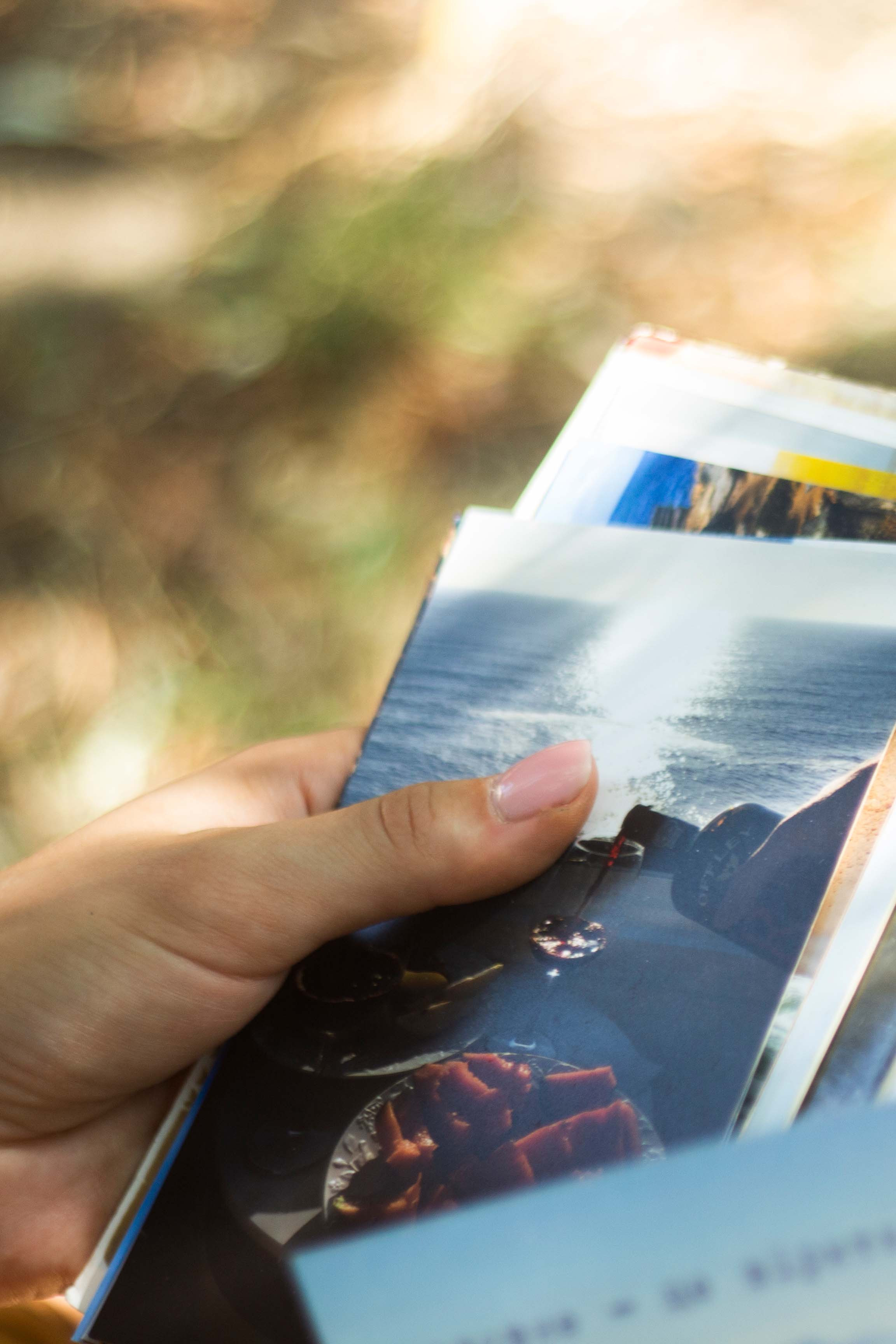
I'm at the acceptance stage right now. I also allowed myself to go abroad on vacation: I left Ukraine for 10 days. When I came back, I realized that I didn't want to live anywhere but in Ukraine. I realized that people who were forced to go abroad felt so much worse. Even when I had lived in Kyiv for eight years, I had missed home. But they were in France and Germany, so their sadness was many times greater.
When I realized that life in Ukraine was my choice, I knew that maybe it was easier overseas, but for me, it was really a sacred war.
For eight years, people would ask me: "Why didn't you take your parents out of there?" And I would answer: "They're not a suitcase to take them out." My father had always told me, "If we leave, who's going to stay? But you believe this is Ukraine, don't you? Well, then Ukrainians should live here."
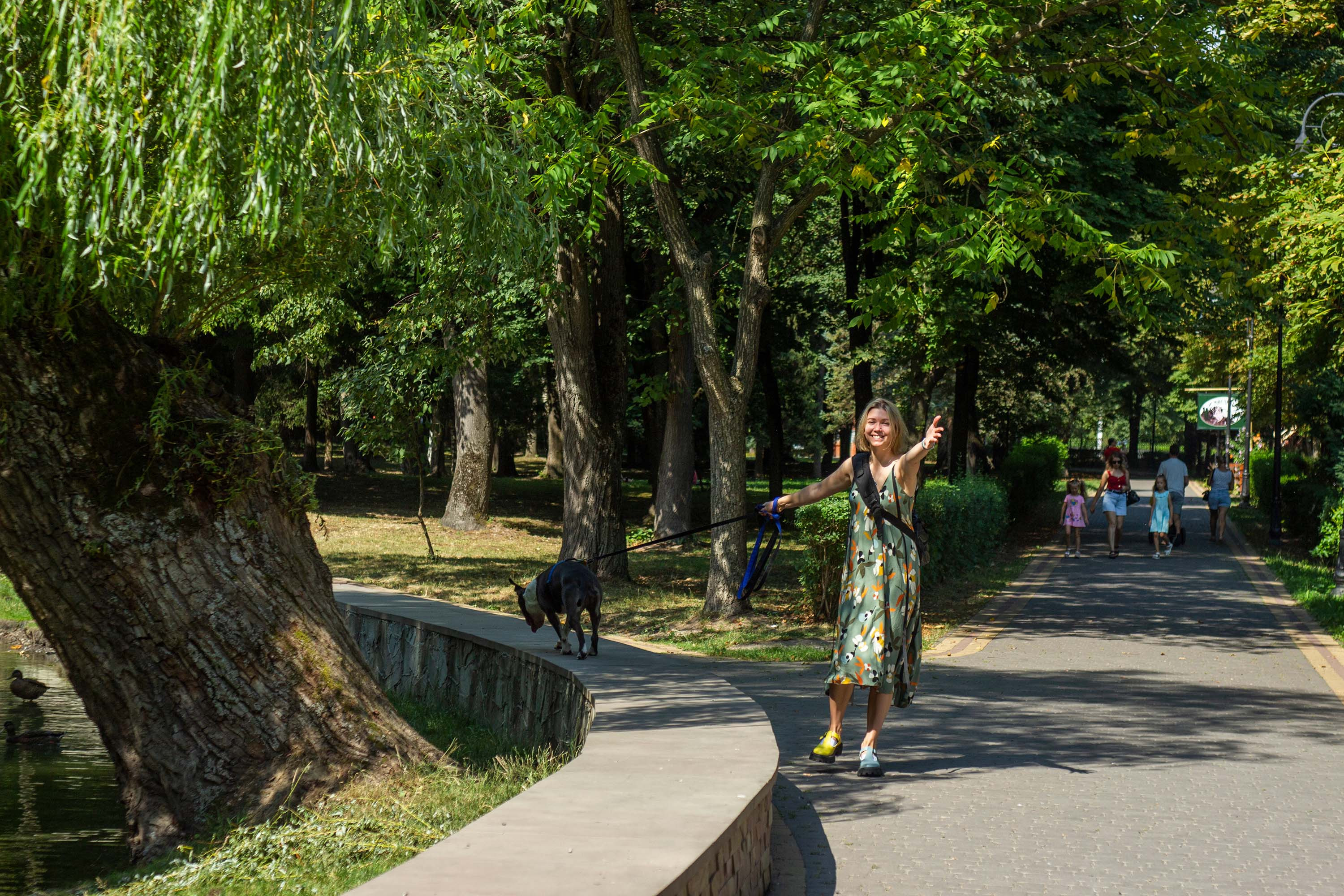
It's not because of the walls that they don't want to leave. It's because of their parents' graves and because of... My dad has been growing grapes for 30 years. He has over 60 grape varieties.
When the war started in 2014, they quit their jobs, and for all eight years, farming was what saved them: the grapes, potatoes and cucumbers. My parents sold them.
For just as long as I live, I will believe that we can get all of our territories back. This faith is probably what drives me every day. Back in 2016-2018 when I worked in the East, I didn't believe. I did everything for it, but I didn't believe. And now I have faith that it's all or nothing. I feel like we will win, and I will be able to go home. To have some of my dad's grapes and my mom's cucumbers.
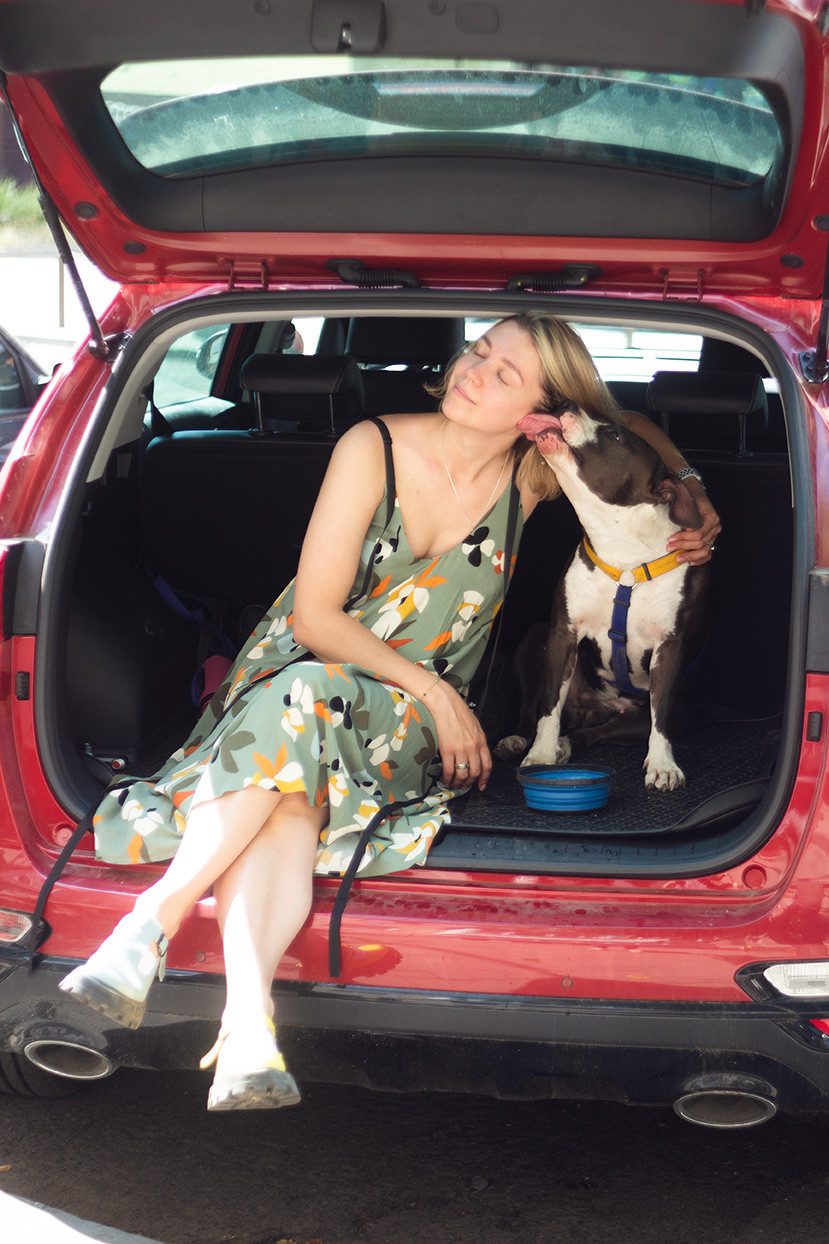
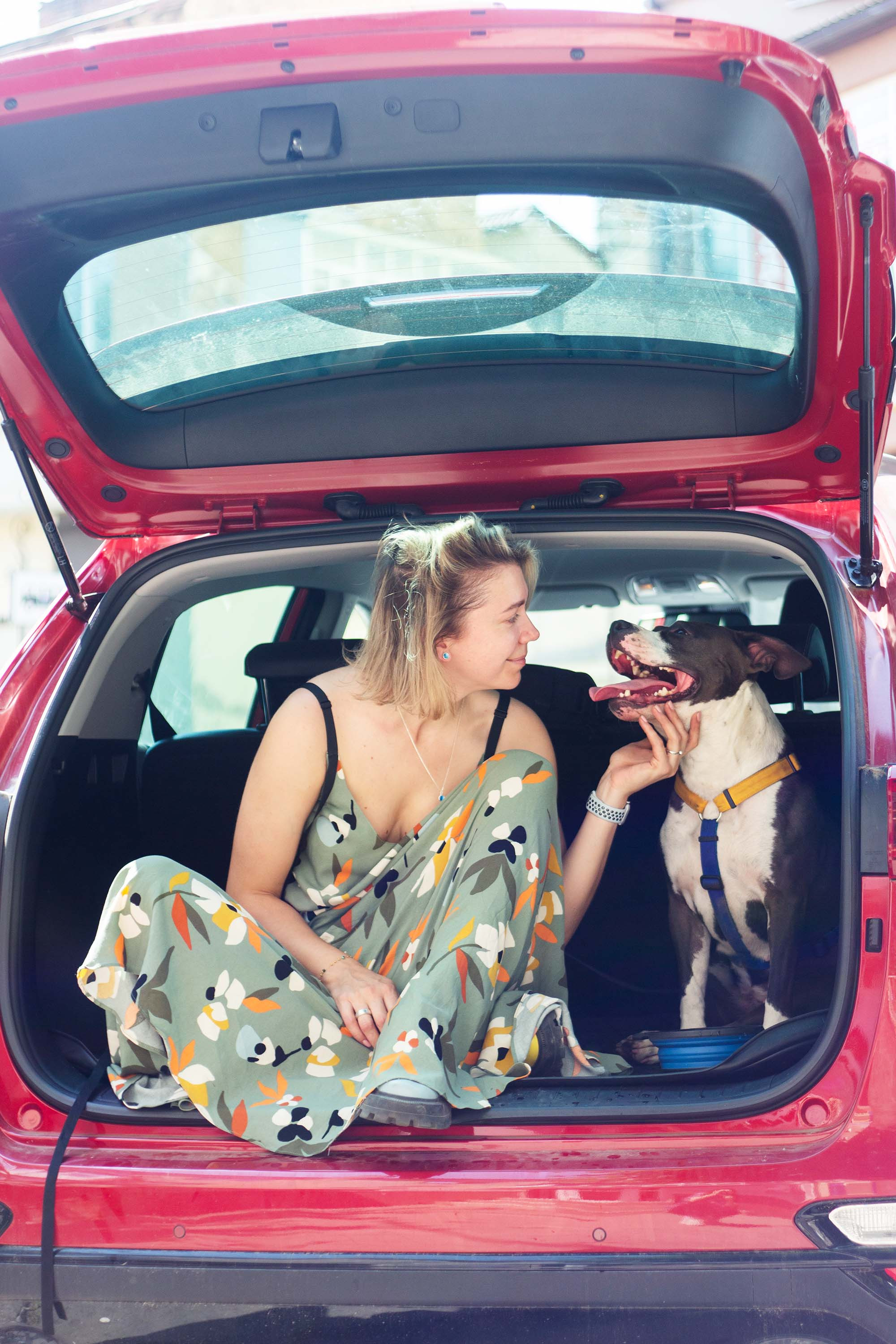
Recorded by Olha Vasina
Translated by Volha Mikhnovich
Photographed by Dariia Merabet
